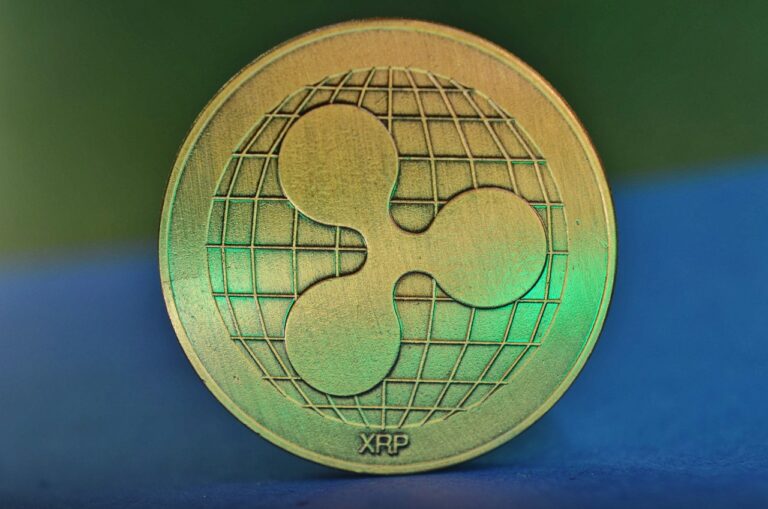Cryptocurrency investment products have seen a total of $59 million of outflows, marking the fourth consecutive week of outflows that has brought the total of this run to $294 million. Despite these outflows, $XRP-focused investment products saw $700,000 of inflows.
According to CoinShares’ latest Digital Asset Fund Flows Weekly report, the $294 million outflows represent 0.9% of the total assets under management of digital asset investment products, with this past week mostly seeing inflows on short investment products and XRP.
The firm’s data shows that last week Bitcoin investment products saw outflows of $68.9 million, while products focusing on the second-largest digital asset by market capitalization, Ethereum, saw $4.8 million of outflows.
So far this year, Bitcoin-focused products have had $200 million of inflows, while ETH-focused products saw $108 million of outflows. Products investing in multiple digital assets saw $800,000 of outflows last week, and $31 million year-to-date.
Notably, short Bitcoin products saw $15.2 million of inflows last week, and $50 million of inflows year-to-date. In the altcoin realm, XRP stood out, with $700,000 of inflows last week and $14 million of inflows year-to-date.
Notably, XRP investment products have seen seeing increasing interest from institutional investors after a ruling from Judge Analisa Torres in the case the U.S. Securities and Exchange Commission (SEC) brought against XRP, differentiating between sales to institutional investors and on exchanges, noting the token itself isn’t necessarily a security.
The ruling saw a number of cryptocurrency exchanges including Coinbase, Kraken, and Gemini relist the token, significantly boosting its liquidity.
The XRP Ledger could soon see its transaction throughput surge from around 1,500 transactions per second to an impressive 3,400 transactions per second (TPS), bolstered by upgrades that are soon set to be deployed.
As CryptoGlobe reported, XRP token holders could soon star being able to earn income on-chain after the highly-anticipated XLS-30d amendment is launched, which is set to would introduce a built-in automated market maker (AMM) trading platform into the ledger.
An AMM is a platform that allows for cryptocurrency trading in a permissionless way using liquidity pools, rather than traditional order books. Liquidity pools are shared pools of two or more tokens supplied by users that are used for trades. The prices of tokens within the pool are determined through the use of blockchain oracles.
Investors who add tokens to liquidity pools receive a share of the fees collected from each trade, but the revenue comes with the risk of impermanent loss.
Featured image via Pixabay.








